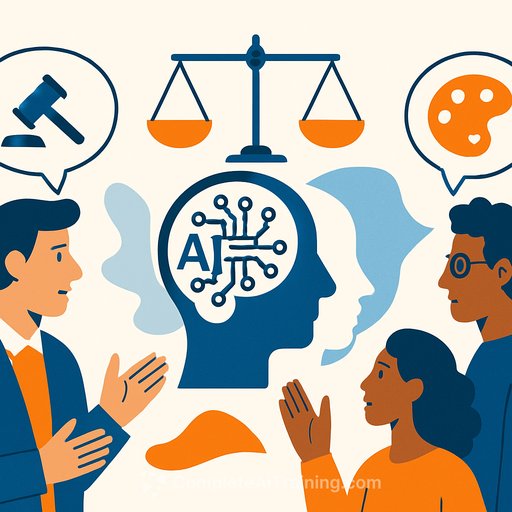The Evolving Debate on AI Transparency
Artificial intelligence continues to grow in influence, raising important questions about transparency in its use. Writers and content creators are increasingly faced with decisions about when and how to disclose AI involvement in their work. A recent essay on the blog reflexions shares a personal account starting in early 2024, observing a surge in AI-generated social media posts. The initial reaction was shock at the prevalence of content that felt inauthentic. This led to a commitment to openly disclose AI usage. However, deeper conversations soon complicated this stance, focusing on whether creators should always reveal their use of AI tools.
Analogies to Everyday Tech Edits
The debate often draws parallels with other digital tools. For example, photo editing with software like Photoshop is widely accepted without mandatory disclosure. Why, then, should AI assistance in writing be singled out? The argument is that using AI to refine or generate text is comparable to enhancing images — a subtle, often invisible process that can improve the final product without misleading the audience.
Industry voices warn that requiring constant AI disclosure risks stigmatizing the technology. An article from the Harvard Business Review in 2019 discussed the “AI transparency paradox”: calls for openness aim to build trust but can unintentionally highlight biases or complicate adoption without solving ethical concerns.
Balancing Ethics and Practicality
The growing consensus suggests transparency should depend on context. If AI is used as a tool to enhance ideas rather than produce content entirely, disclosure may not be necessary. This view is supported by a Forbes article from May 2024 that promotes responsible AI use to foster trust but warns against overregulation that could hinder creativity and innovation.
At the same time, critics emphasize the risk of misleading audiences, especially in professional or journalistic settings. Poorly applied AI is often detectable, and transparency can act as a safeguard against low-quality or deceptive content flooding digital platforms. A Transformer News post from May 2025 highlights the societal need for transparency to prevent blindly accepting AI outputs without scrutiny.
Implications for Content Creators
As AI becomes a common part of creative workflows, the discussion extends to workplaces and media industries. One perspective defends AI as a helpful assistant rather than something to be condemned, emphasizing the importance of using it wisely. Philosophical insights remind creators to avoid blindly chasing efficiency at the cost of autonomy.
For professionals, a balanced approach is recommended: disclose AI use when it significantly shapes the content but avoid mandatory disclaimers that could create unnecessary suspicion. According to resources like Salesforce, AI transparency involves informing users about data and processing methods to maintain trust without requiring explicit labeling in every case.
Toward a Transparent Future
Ultimately, transparency should aim to foster an environment where AI supports human creativity without deception. This means moving beyond strict disclosure rules toward thoughtful use and critical evaluation of AI-generated content. Research published in the AI & SOCIETY journal in 2020 advocates for combining design with audits to demystify AI systems rather than simply labeling their outputs.
For writers, this debate will continue to evolve as AI tools become more integrated into creation. A selective, context-driven approach to transparency respects authenticity and embraces technology’s benefits, helping maintain trust in digital content.
Writers interested in learning more about AI tools and best practices can explore comprehensive training options at Complete AI Training.
Your membership also unlocks:






